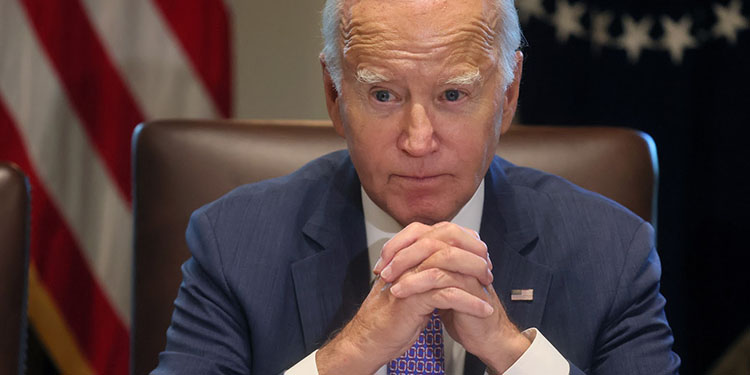The White House revealed a broad set of rules and principles on Monday aimed at ensuring that the United States “leads the way” in regulating artificial intelligence (AI), which is the subject of intense international competition.
President Joe Biden will issue an executive order demanding AI developers submit the results of their security tests to the federal government when their projects pose “a serious risk to national security, national economic security, or public health.”
The official announcement is scheduled for Monday at an event at the White House. Biden is leveraging a law dating back to the Cold War, the Defense Production Act (1950), granting the government certain coercive powers over companies when national security is at stake. The criteria for these security tests will be set at the federal level, according to the US government.
In July, several digital giants, including Microsoft and Google, had already committed to subjecting their AI systems to external tests. The White House aims to pay particular attention to the risks posed by AI development in biotechnology and infrastructure fields. Recommendations will also be issued concerning the detection and identification of AI-generated content, a technology capable of rapidly producing highly realistic images, sounds, and even videos.
The administration also promises to publish guidelines addressing discrimination, given the biases that AI systems might have, and pledges to monitor the impact of this technological revolution on employment.
However, Biden has limited maneuverability. Any truly binding and ambitious AI regulations would need to go through Congress. Yet, the Legislature is deeply divided between Democrats and Republicans, making the adoption of a comprehensive law highly unlikely.
In response to the announcement, the Software Publishers Association (BAS) also called for “a new legislative framework to create specific safeguards for artificial intelligence.”
The regulation of AI is a subject of intense international competition. The European Union, which generates numerous digital regulations, aims to establish a regulatory framework for this technology by the end of the year, hoping to set the pace globally.










